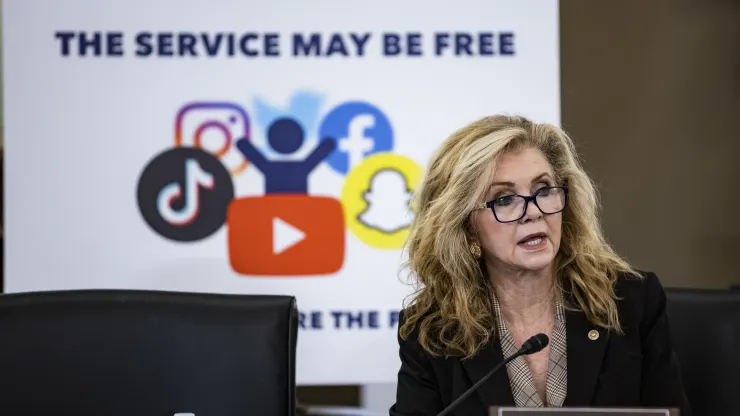The Kids Online Safety Act, often abbreviated as KOSA, is a piece of legislation aiming to protect children from harmful content and activities on the internet. The bi-partisan bill was originally introduced by Senators Marsha Blackburn (R-TN), and Richard Blumenthal (D-CT) in 2022 as a response to growing concerns about online safety for minors. It was introduced again in May of 2023.
KOSA imposes several requirements and regulations on social media platforms and internet service providers. These requirements include the implementation of stricter content moderation measures to prevent the dissemination of harmful or inappropriate content to underage users. The act also mandates the development of age verification systems to restrict access to certain online spaces deemed unsuitable for children.

Opposition
Critics of the Kids Online Safety Act argue that it may violate constitutional rights, particularly regarding free speech and privacy. They raise concerns about the potential for overreach and censorship, fearing that the act’s stringent content moderation requirements may stifle online expression. Some argue that it could infringe on the privacy rights of both children and adults by requiring the collection of personal information for age verification purposes.
Young Polity asked our followers on X for their opinion on KOSA.
One user says, “The Kids Online Safety Act is a dangerous and flawed bill created by people who don’t care about children at all, and are basically exploiting them in order to push through their own personal agenda.”
“Child safety should always come first” says another user.
While proponents of KOSA emphasize the importance of protecting children from online harm and promoting a safer digital environment, opponents contend that it may have unintended consequences for free speech and individual privacy. The debate surrounding the act highlights the ongoing tension between the need for online safety measures and the preservation of fundamental youth rights in the digital age.





2 Comments